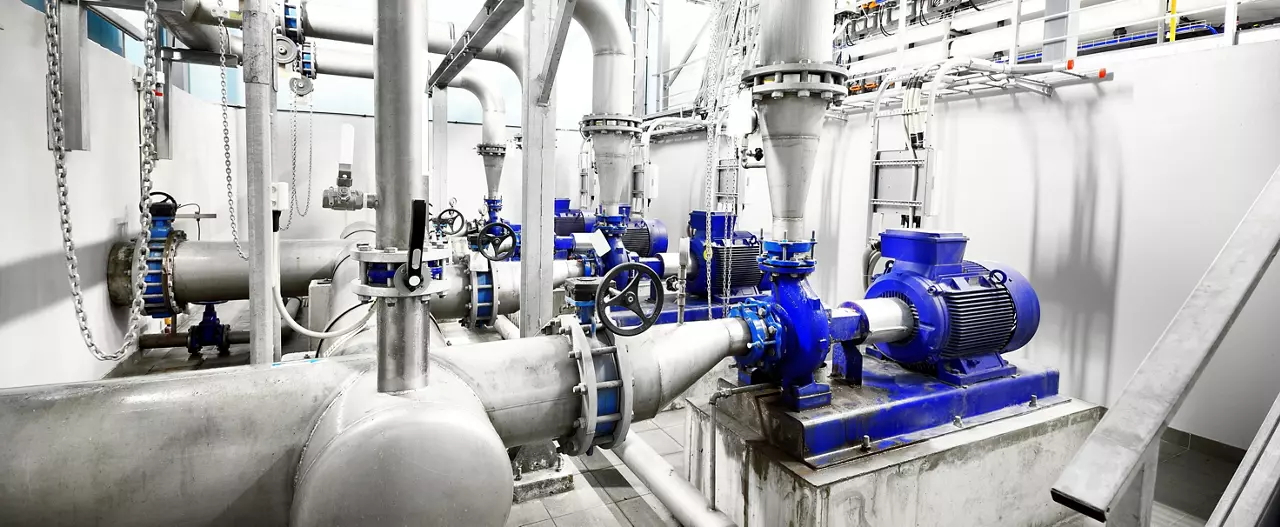thermal oil boiler for eps service
Thermal Oil Boiler for EPS Service A Comprehensive Overview
The demand for energy-efficient and sustainable solutions in industrial processes has never been more pertinent. As industries grow and evolve, the need for reliable heat sources becomes critical. One of the most effective heat transfer solutions is the thermal oil boiler, particularly in specialized applications like Expanded Polystyrene (EPS) production. This article provides an in-depth look into the role of thermal oil boilers in EPS service, their advantages, and application methods.
Understanding Thermal Oil Boilers
Thermal oil boilers, also known as thermal fluid heaters, utilize a heat-transfer medium (often synthetic thermal oil) that circulates through a system to provide consistent temperature control. Unlike traditional steam boilers that operate on water, thermal oil boilers can heat the fluid to much higher temperatures without generating steam, which makes them suitable for applications requiring substantial heat without the risks associated with high-pressure steam.
The Role of Thermal Oil Boilers in EPS Production
Expanded Polystyrene (EPS) is a versatile material widely used in construction, packaging, and insulation. The production process requires precise temperature control to ensure the polystyrene beads expand correctly and bond efficiently. Here’s where thermal oil boilers come into play.
1. Versatile Temperature Control EPS manufacturing involves various stages, including pre-expansion and molding, each requiring different temperature settings. Thermal oil boilers can easily maintain a consistent supply of heat at varying temperatures, ensuring that the EPS production process runs smoothly and efficiently.
2. Efficiency and Energy Savings Given the high demand for energy in industrial applications, thermal oil boilers are designed to optimize fuel usage. They typically feature advanced combustion technology that maximizes efficiency, leading to lower operational costs and minimized environmental impact. With proper insulation and heat recovery systems, companies can reduce their energy consumption significantly.
3. Safety and Reliability Safety is a paramount concern in any industrial process, particularly in EPS production due to the flammable nature of polystyrene and its manufacturing components. Thermal oil boilers operate at lower pressures compared to steam boilers, reducing the risk of explosions and leaks. Additionally, they are equipped with safety devices and automatic controls that monitor temperature and pressure, further enhancing safety.
Applications of Thermal Oil Boilers in the EPS Industry
thermal oil boiler for eps service

Thermal oil boilers serve multiple purposes in the EPS production process
- Pre-Expansion The pre-expansion stage requires the polystyrene beads to be heated to a temperature that causes them to expand. Thermal oil boilers provide the needed heat efficiently and uniformly, ensuring that all beads are properly expanded.
- Molding During the molding process, heat is essential for ensuring that expanded beads fuse together correctly. The thermal oil’s ability to maintain a constant temperature allows for precise control during this critical phase.
- Cooling and Finishing Even after the heating processes, the cooling phases require controlled temperatures. Thermal oil systems can assist in managing these transitions smoothly, preserving the integrity of the final product.
Environmental Considerations
With increasing environmental regulations and a push for sustainability, the EPS industry faces challenges in reducing its carbon footprint. Thermal oil boilers offer an advantage in this area as well. Many modern thermal oil systems can be integrated with renewable energy sources, such as solar thermal energy, to heat the thermal fluid. This integration leads to a significant reduction in greenhouse gas emissions, aligning with global sustainability goals.
Conclusion
Thermal oil boilers are instrumental in the EPS manufacturing process, offering efficiency, safety, and precise temperature control. As the demand for EPS continues to grow, driven by its applications in eco-friendly construction and packaging solutions, the importance of reliable heating systems only increases. By investing in advanced thermal oil boiler technology, EPS manufacturers can enhance their operational efficiency while minimizing their environmental impact.
In conclusion, the role of thermal oil boilers in EPS service cannot be overstated. They represent a reliable, efficient, and safe heating solution that meets the current demands of the industry while paving the way for a more sustainable future.
-
Top Industrial Boiler Contractors Supplier & Factory Quality Products & ServicesNewsJun.10,2025
-
Panasonic Hot Water Boiler - Reliable & Energy Efficient Heating SolutionNewsJun.10,2025
-
Pennco Steam Boilers High-Efficiency & Durable SolutionsNewsJun.10,2025
-
Industrial Boiler & Mechanical Solutions Efficient Industrial Heating SystemsNewsJun.10,2025
-
Panasonic Hot Water Boiler - Energy-Efficient, Reliable Heat SolutionNewsJun.10,2025
-
Premium Power Plant Steam Boilers High Efficiency & ReliabilityNewsJun.09,2025

